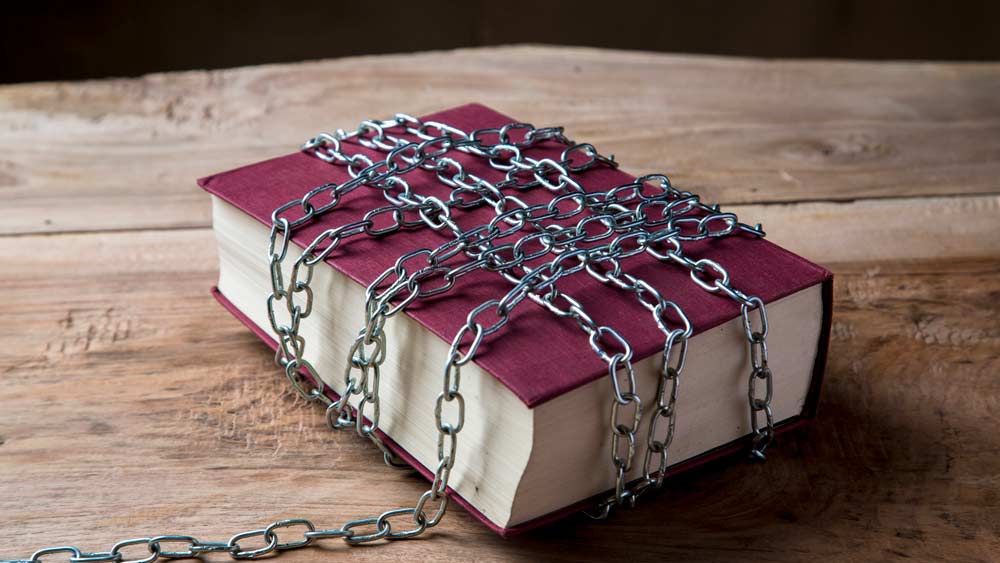June 12, 2013
LGBT Students Stand Against Discrimination
Holly Grigg-Spall READ TIME: 4 MIN.
Two years after the bullying began for Will Baublit at his high school in Texas his parents decided to take matters into their own hands in a novel way: They called a lawyer.
This story is just one example of a progressive increase in cases of students retaliating against discrimination within the school system by invoking their civil rights.
The day Baublit came out as gay in the fifth grade also marked the day when the name-calling, social isolation and physical violence began. Kari Baublit, Will's mother, made a series of complaints to the school administration, speaking more than 30 times directly to the school principal and district superintendent. Mrs. Baublit claims the school officials' responses were always the same; asking her how her son might have provoked the other students' behavior. In November 2011, as a last resort, she took him out of school and educated him at home.
The Baublit family sued the school district in federal court and although they did not receive an apology, the trial did conclude in their favor and provided $45,000 in damages to their son. They were represented by Columbus lawyers Alexander M. Spater and C. Raphael Davis-Williams. The federal lawsuit accused the school district of acting "with deliberate indifference to the known acts of sex-based harassment," which it said were "so severe, pervasive and objectively offensive" that Will was "effectively barred" from an education in the district.
"This student is not only right to demand this but they will also cause the school districts to take action so that all students are better protected and can better focus on their studies," said Michael Ferrera, who has over 16 years of experience as an LGBT youth advocate, and is the director of LifeWorks, a project within the Los Angeles Gay and Lesbian Center. "To stop bullying, it takes buy in from the administrators, teachers and student leaders. Otherwise, negative behavior gets rewarded and students often feel like they have to push down others to gain social status. The environment has to reward respectful, empathetic behavior.
"In California, it took safe schools legislation that held schools legally responsible for keeping students safe to start a groundswell of change in the state," he continued. "I've walked in to schools to advocate for LGBT youth several times, and I've used that legislation to compel administrators to act."
Ferrara believes public institutions and society as a whole has a duty to meet the demands of providing support for LGBT teens who are coming out at an increasingly younger age and in higher numbers. Although otherwise a good sign of changing attitudes, many institutions are still primarily heterocentric and therefore not welcoming or accepting to those who do not fit this perceived norm.
"We just don't want this to happen to somebody else's kid," Mrs. Baublit said. "They need to know it's OK to be different. They just want to be accepted, accepted for who they are. Somebody out there is going to benefit from this story." Her son is now enrolled in a school with vigilant anti-bullying policies.
The family of a lesbian teen is also suing the Florida school district after the teen was suspended from school because she chose to take part in an event created to raise awareness of LGBT-focused bullying.
In support of the National Day of Silence, orchestrated by GLSEN, Amber Hatcher attended school with a dry-erase board to write and attempted to remain silent throughout the day.
Hatcher requested permission to remain silent from both the principle Shannon Fusco and county school superintendent one month prior to the event. Both school officials dismissed her query at the time, however. When the day came the principle stuck to her word and demanded that all students who participated in National Day of Silence be directed to her office on the day.
Civil rights organization Lambda Legal filed a lawsuit asking that the teen's First Amendment right to freedom of speech be upheld by the school. In response to her school administration's reaction to her social conscience, Hatcher is quoted as saying, "I just wanted to stand up for all the kids in my school, gay or straight, who don't feel like they have a voice to stand up for themselves. I wish my school would help me create an accepting environment for LGBT kids, not single me out for punishment."
"This girl's behavior should be celebrated," argues Ferrara, "She was given legal help, and the offending officials were confronted and held accountable. But we also need to keep educating people, coming out to our families and communities, and fighting for everyone to be treated equally and fairly.
"I fully believe that we are not mostly dealing with haters," Ferrara continues. "We are dealing with ignorance, much of which was passed down by older generations. We must be mature in our activism and not always yell and never fight back with bias. Two wrongs don't make a right. Use the laws, use ourselves, use our hearts, and keep making our case."


